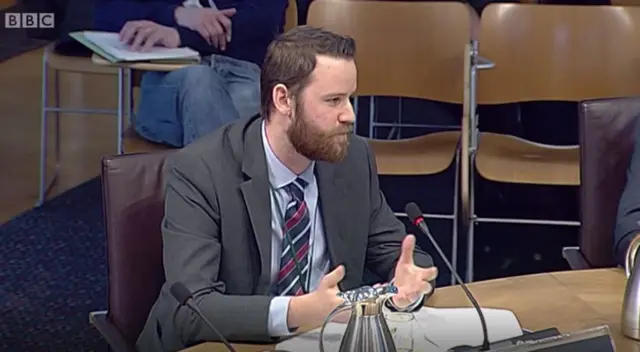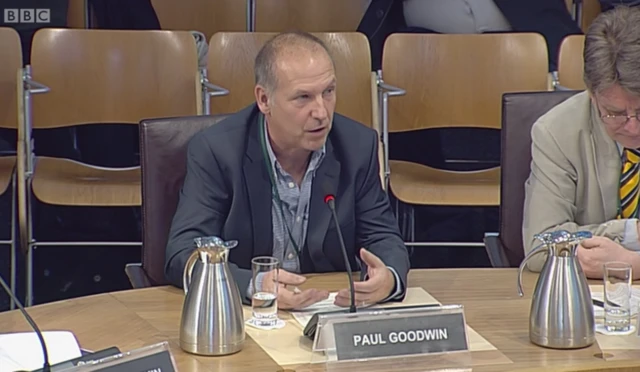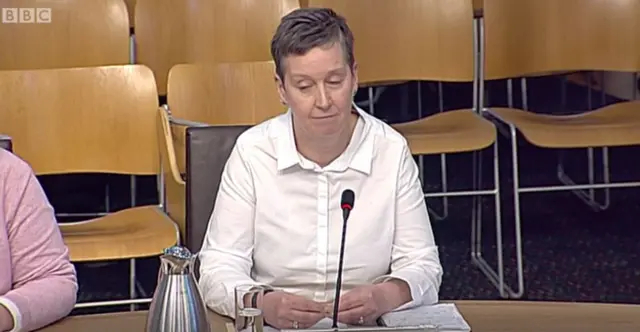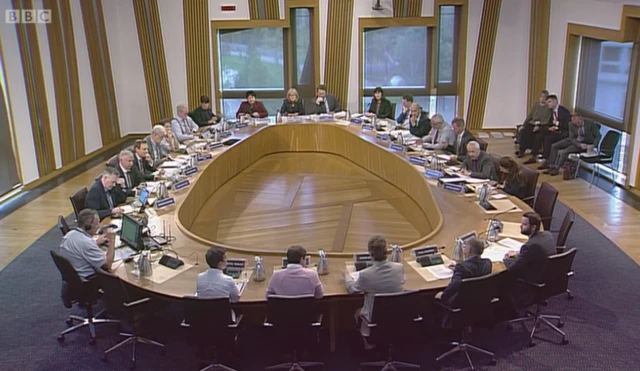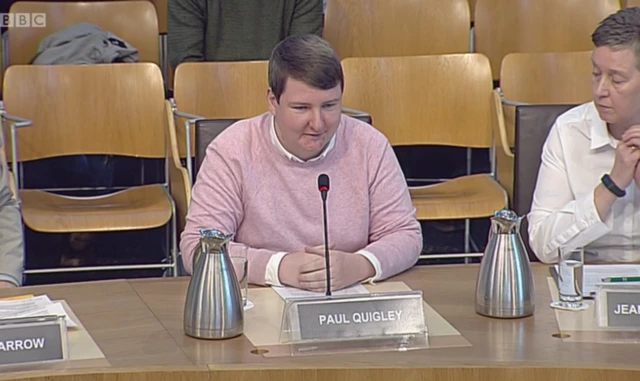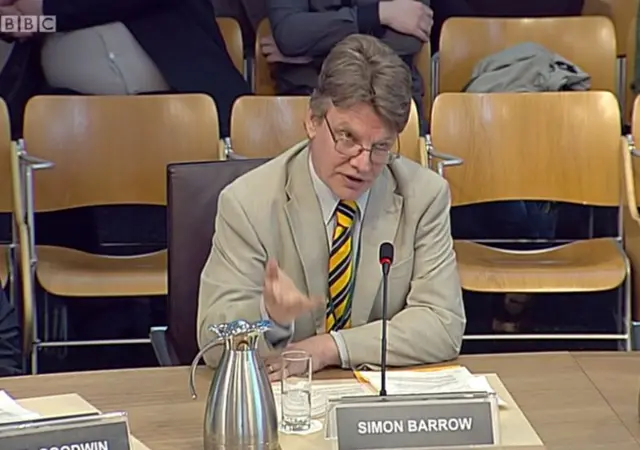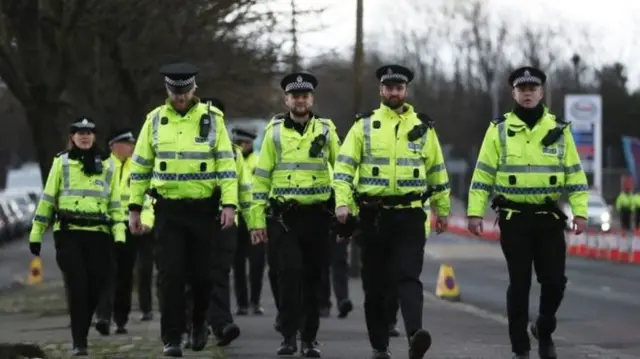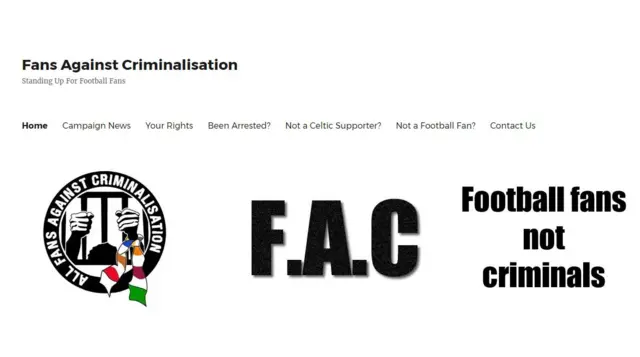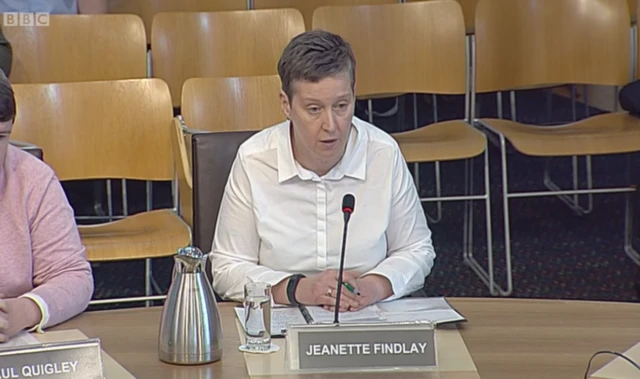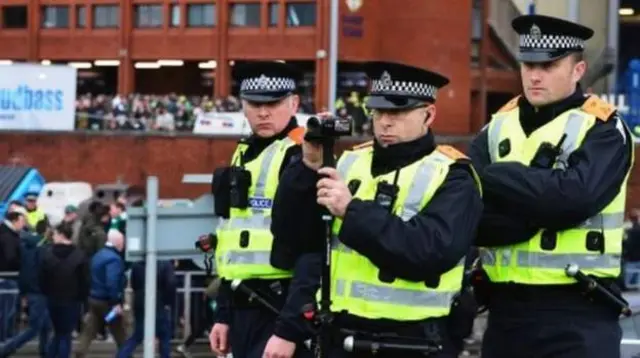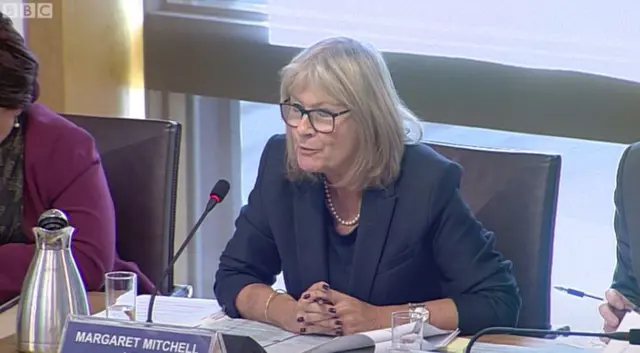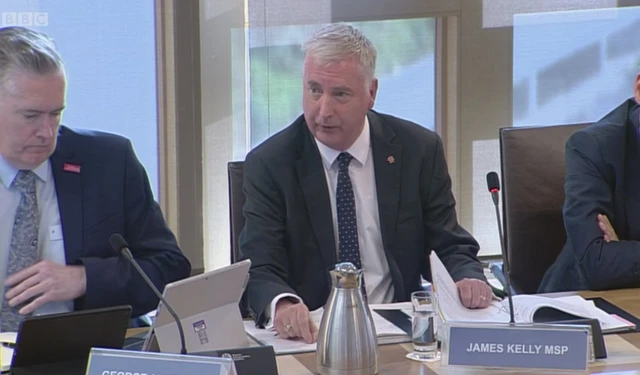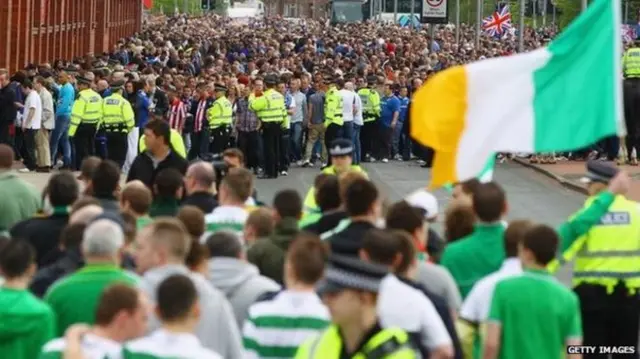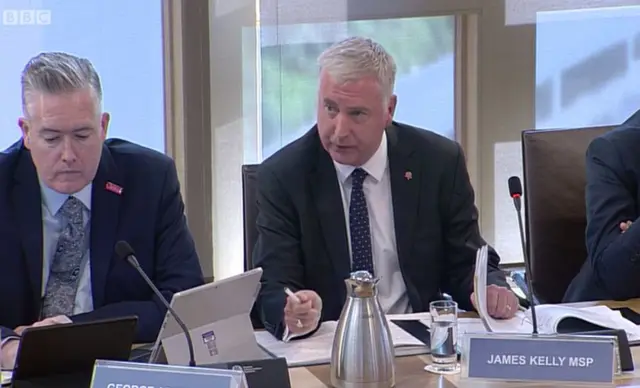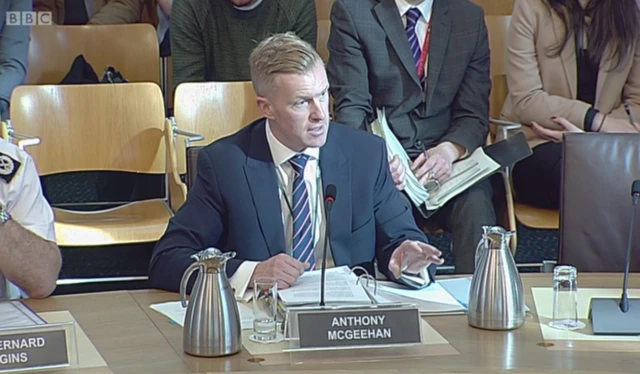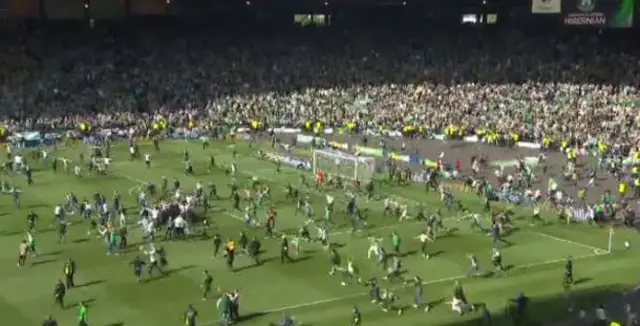Background: Written submission from Supporters Direct Scotlandpublished at 11:53 BST 3 October 2017
 Image source, Supporters Direct Scotland
Image source, Supporters Direct ScotlandSupporters Direct Scotland
The written submission from Supporters Direct Scotland, external says: "We agree with the proposal in the Bill to repeal the 2012 Act.
"We as an organisation have arrived at this view for several reasons from our research:
- 74% of supporters feel that the Bill should be repealed (SDS Survey 2017b)
- 71% of supporters felt that the introduction of the Act has not been effective in preventing unacceptable conduct from supporters
- 46% of supporters feel that supporters’ behaviours had not improved from the last two seasons whereas only 38% felt there had been an improvement (SDS Survey, 2017a)
"Additionally, as an overarching policy, SD Scotland do not believe in any legislation that targets or singles out football supporters which we feel the Act does."
